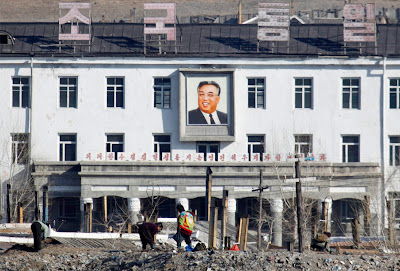I'm not sure if I should laugh or cry. This is beautiful.
Wednesday, April 29
Saturday, April 25
Always Sunny.
Monday, April 20
Thursday, April 16
Your Grandpa Was Dumb.
Half the population of 1917 would be considered mentally retarded by today’s measurements. The average IQ of a person in 1917 would score only 73 on the current intelligence quotient test, with 100 being the average.
Thursday, April 9
Sunday, April 5
War on People
For the vast majority of drug users, especially marijuana users, it is a victimless crime. In the "War on Drugs," the victims are the drug users, their families, their communities, and their workplaces. They are sent to jail or treatment, to the detriment of their careers and families. Most of the time, the treatment is cookie-cutter at best, designed to treat the general topic of "addiction" with lectures about inanely general topics like "change." Instead of being productive members of society, the law consigns these "marijuana addicts" to waste away in jail or treatment.
The law is the problem, not marijuana. Anti-drug advocates try to create an inseparable idea of harm, the coalescence of all the problems drugs cause. However, a closer examination reveals that the cause of all the harms elicited to justify harsh punishments for drug laws arise from the enforcement of law itself, rather than the effects of the drug usage.
Why can we not focus our efforts on eliminating real crime by addressing the greater root causes? Instead, we let our cities fall into oblivion, all the while still blindly enforcing possession laws with greater vigilance than violent crimes. The "War on Drugs" is a war on people.
The law is the problem, not marijuana. Anti-drug advocates try to create an inseparable idea of harm, the coalescence of all the problems drugs cause. However, a closer examination reveals that the cause of all the harms elicited to justify harsh punishments for drug laws arise from the enforcement of law itself, rather than the effects of the drug usage.
Why can we not focus our efforts on eliminating real crime by addressing the greater root causes? Instead, we let our cities fall into oblivion, all the while still blindly enforcing possession laws with greater vigilance than violent crimes. The "War on Drugs" is a war on people.
Subscribe to:
Posts (Atom)







